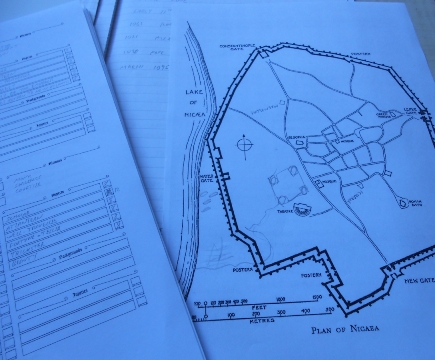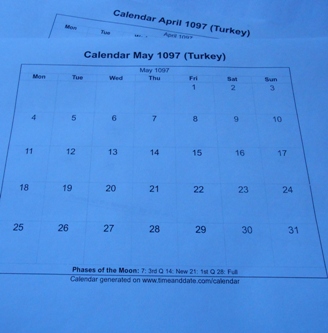The newest section on the site is the story of super-heroes in World War 2, which I've called Room XIII. Why that title? You'll have to read it to find out.
When I started developing the Heroes universe, I knew there had to be super-heroes in World War 2. Because that's when super-hero comics started. (Technically shortly before the war, but in practice the big boom came in the war years.) My biggest inspiration for this was Roy Thomas, whose writing for Marvel Comics in the 1970s made liberal use of actual 1940s' comic characters to add a depth of history to the contemporary universe he was helping to create. (He wasn't the first: Stan and Jack had begun it when they re-introduced the war-time character Captain America into their modern stories.)
So, inspired by this approach, I had a handful of characters in the Heroes universe of the 1980s whose backgrounds stretched back to those years, and although it never had a big impact on Strikeforce, it was still an important part of the mythology for me.
When I began setting stories in the universe's past, then, I obviously wanted to include World War 2 as one of the eras I covered. I had pre-established characters and concepts that I could use, but characters alone don't make a story. I needed a narrative setting that I could place those characters into.
My initial ideas didn't include super-heroes at all, which was a bit silly considering that was my whole inspiration for doing it. I started by imagining a group of French resistance fighters. My players vetoed that idea immediately, possibly anticipating it degenerating into a hunt for the painting of the fallen madonna with the big boobies (and, honestly, it probably would have). My next idea was having a group of ex-criminals recruited for commando missions (an obvious rip-off of The Dirty Dozen). I felt this had potential, but it didn't completely come together until I stopped resisting the idea of super-heroes ... or, more correctly in this case, super-villains.
So that's how Room XIII came into being. There were a few tweaks to the format, mainly driven by players' ideas, but the basic concept was strong enough to allow a range of different character types and a variety of different plot lines. And, most importantly, the narrative let me pick up plot threads that reached forward from previous eras and backward from the original Strikeforce stories.
There are a lot of chapters in this story, and I'm not going to be adding them quickly. But hopefully I've made the introduction intriguing enough to make people come back for them when they're written.






